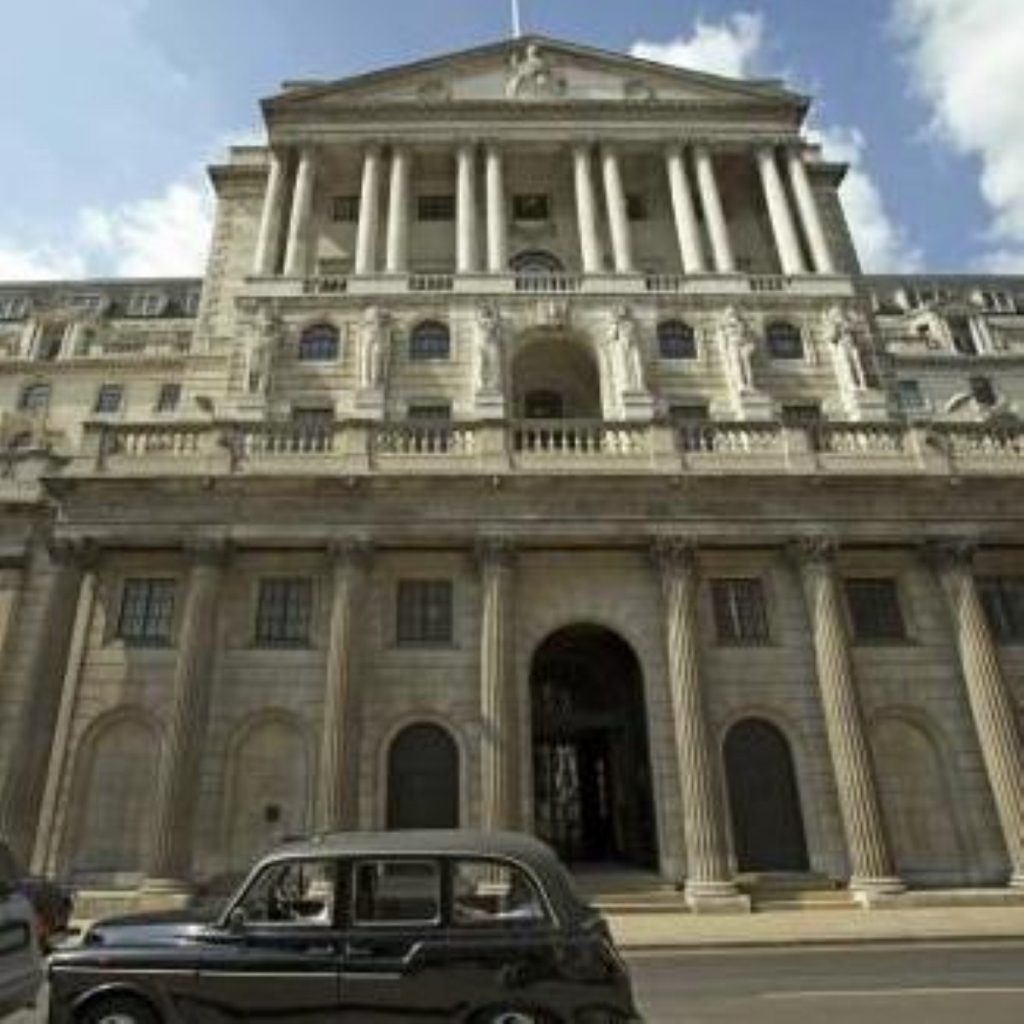Petrol prices drive up inflation
Inflation in August reached its highest level since records began in January 1997 as exorbitant oil prices forced customers to pay more in transport costs.
Inflation rose from 2.3 per cent in July to 2.4 per cent in August, according to the Office for National Statistics. And the full economic impact of Hurricane Katrina is yet to be factored in.
The Bank of England’s target figure is two per cent.
Petrol prices are already up at least five per cent than when the government calculated August’s consumer prices index (CPI).


CPI inflation also made air and sea travel more expensive.
The cost of transport has risen to 5.4 per cent, the highest since August 1997, according to analysts.
Economic forecasters now expect the cost of living to rise 0.2 per cent next month, exceeding the high reached in November 1996. Some are predicting the figure may reach three per cent.
If it does so, the governor of the Bank of England, Mervyn King, will have to write a letter to the chancellor explaining why, under rules set down by the Treasury.
Inflation has already surpassed the Treasury’s target of two per cent.
Meanwhile, retail price index (RPI) inflation, which includes mortgage interest payments, dropped to 2.8 per cent from 2.9 per cent.
The CPI was adopted as the government’s main inflation measure in December 2003.

